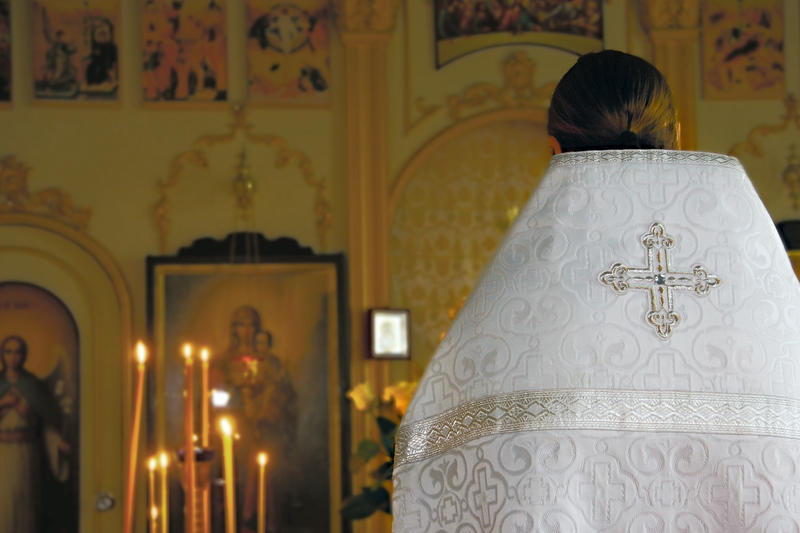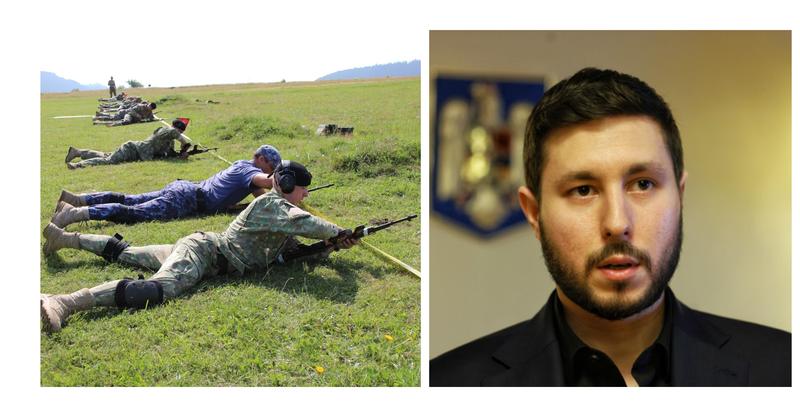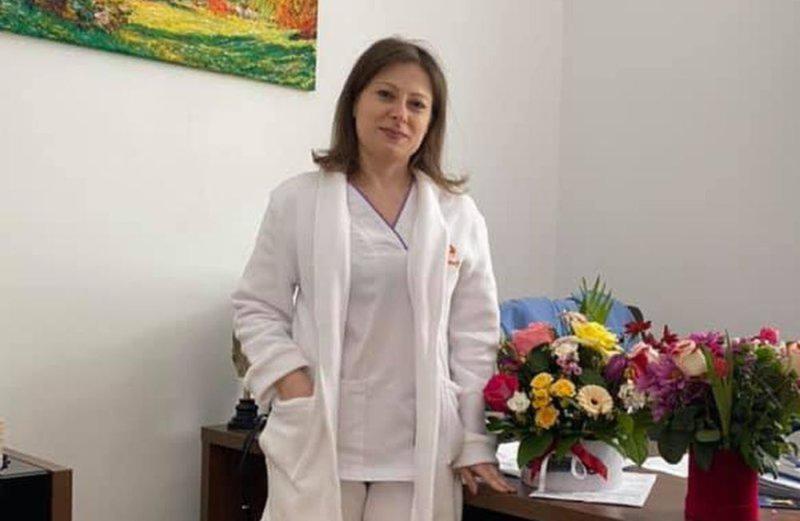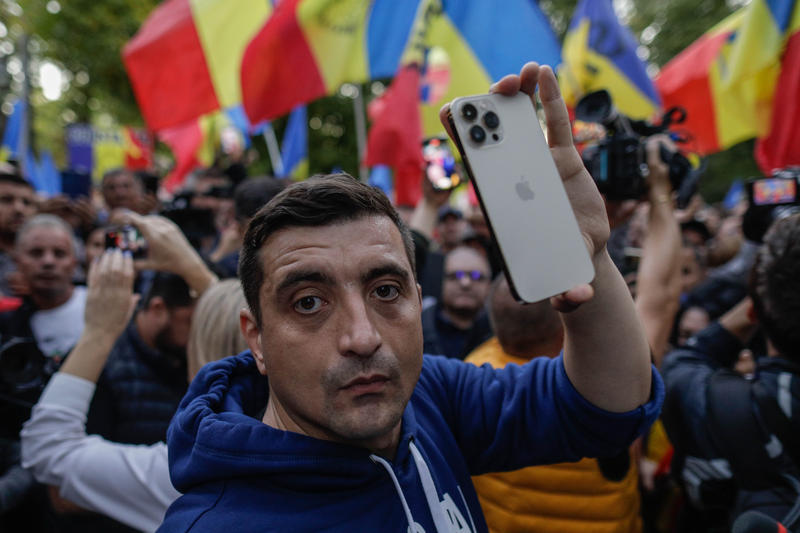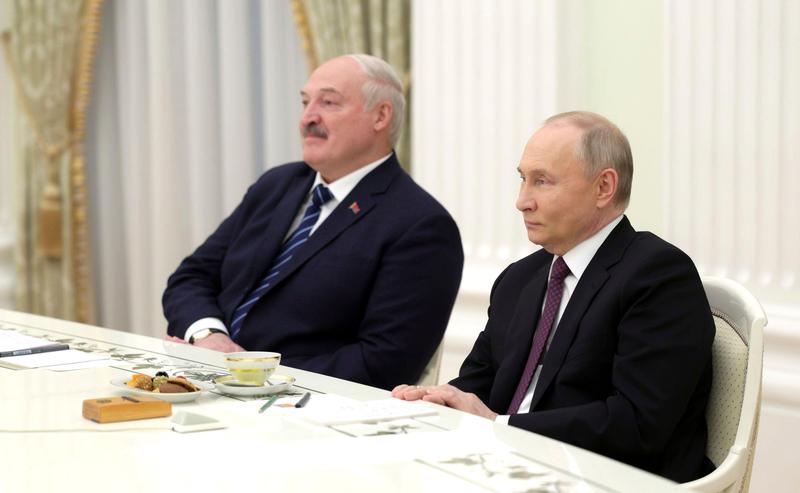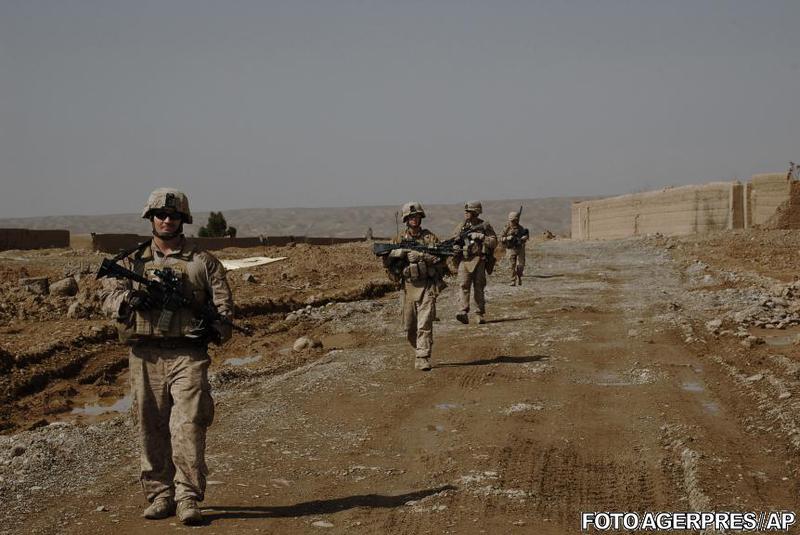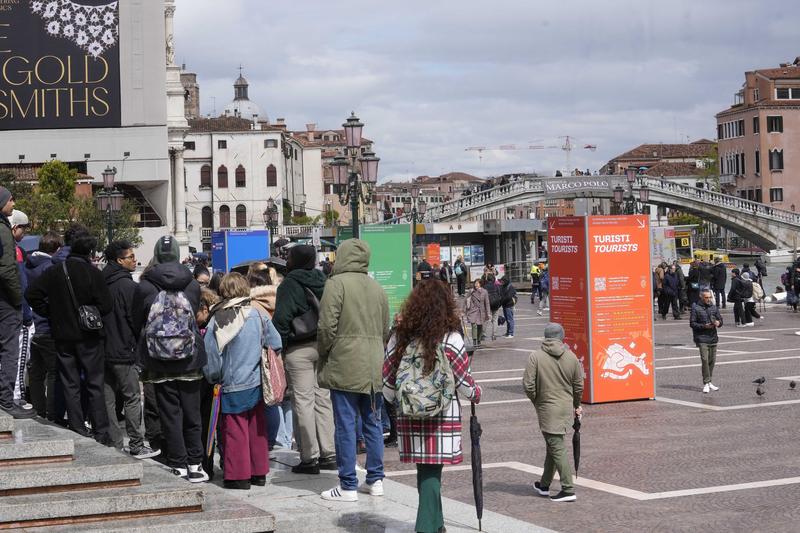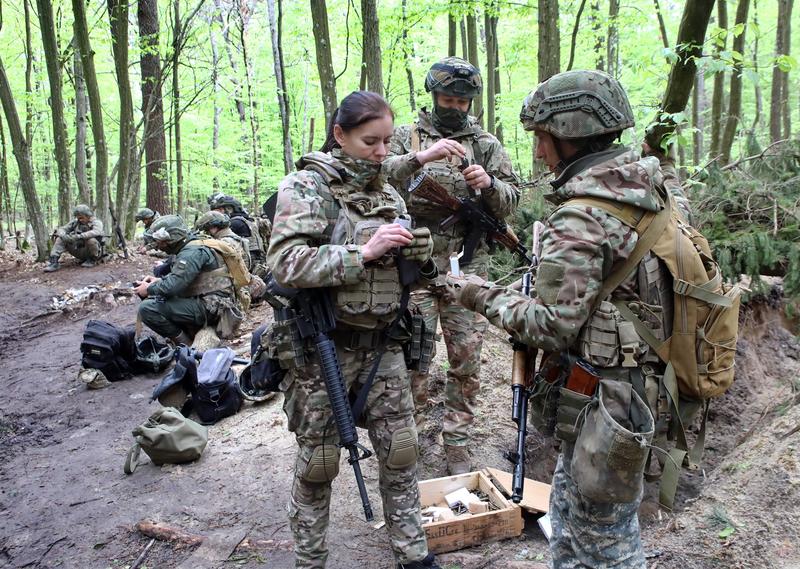Eginald Schlattner, a writer and a priest, is one of the last four ethnic Saxons still living in the town of Rosia, central Romania. A place where Saxons used to live for centuries, before their communities from across the country left abroad after the fall of communism. Each Sunday, Schlattner holds a service in the beautiful village church, despite the empty seats. "I do this to solace good God and myself", he says in an interview with HotNews.ro.
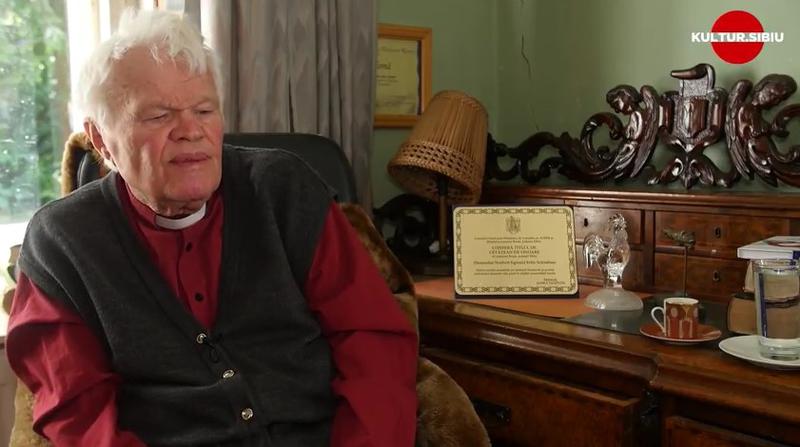
What is he still doing in Rosia, where most of his people left? Schlattner says he came here in 1978, aged 45, when the demographics of the place were average: one third children, one third parents, one third elderly people. Now, there are only 4 people, all over 80, left in town. 4 people still to be buried.
He stayed and he kept offering full church services every Sunday, in an empty church. People ask him why he's doing it, was it masochism?, he says. "I do it to solace both good God and myself".
VIDEO report (in Romanian):
On the future of ethnic Saxons' cultural heritage, he points out that the whole Evangelical diocese serving in German in the whole Romania numbered 11,000 people, and not only Saxons. And their average age is 60. "So, we can no longer manage a huge architecural heritage, even more so the bells and pipe organs and all the archives and so on. As a former engineer, here is my homo tehnicus answer: the history of Saxons is over".
But, he points out, "as a priest I say something else: we deal with a God of surprises and I believe the church will stay a church, not only for us, who do not exist statistically, but a church with us for others. And in every Saxon or formerly Saxon village one will find a nucleus of atypical future which will not result from Saxons returning home - one has returned here, but none came back elsewhere - but from their nephews who have already been built as part of the Germany society. And there will be other ways God will find for each village".
Full interview in Romanian - here

